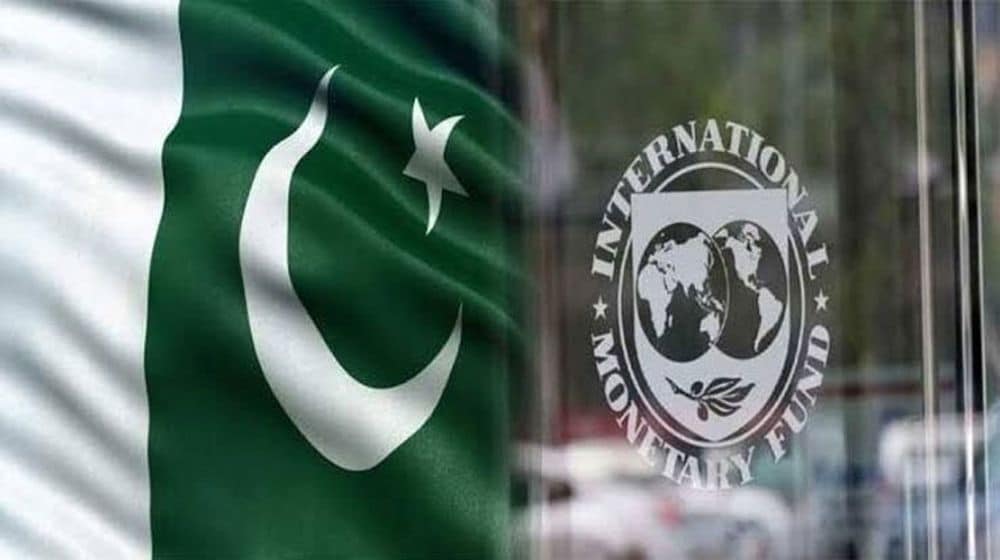Amid tighter macroeconomic policies and a challenging external environment, the ongoing expansion is set to moderate and higher risks scenario forces IMF to project Pakistan’s GDP growth to decelerate to 3.5 percent and average Consumer Price Index (CPI) inflation to surge to 20 percent in fiscal year 2023, says Funds released LOI.
The International Monetary fund (IMF) in its latest report noted stated that risks to the outlook and programme implementation remain high and tilted to the downside given the very complex domestic and external environment.
The real GDP growth is projected to decelerate to 3.5 percent in fiscal year 2023, following two years of above-trend growth as the economy recovered from the COVID-19 pandemic with support by expansionary policies. The pass-through of energy prices will have some dampening effect on activity while fiscal consolidation and the loss of purchasing power due to high inflation are expected to restrain domestic demand notably. Assuming sustained policy and reform implementation, growth is expected to gradually return to its medium-term potential of 5 percent.
It further stated that average CPI inflation is expected to surge to 20 percent in 2023 as international commodity prices are passed on to domestic consumers. Core inflation is also projected to remain elevated due to higher energy prices and sizable depreciation. With tighter monetary and fiscal policies firmly entrenched, inflation is expected to fall significantly in fiscal year 2024, supported by favorable base effects. The State Bank of Pakistan (SBP) is expected to reach its 5–7 percent inflation target range gradually with medium-term inflation slowing to 6.5 percent.
The current account deficit is projected to narrow to 2½ percent of GDP in fiscal year 2023, down from the estimated 4.7 percent of GDP in 2022, reflecting monetary, fiscal, energy policies consistent with moving demand to sustainable levels, and supported by the continued commitment to a market-determined exchange rate. This current account adjustment would strengthen the reserve coverage to some 2.3 months of imports by the end of the forecast horizon, up from about 1.7 months of imports at the onset of the programme.
The report noted that spillovers from the war in Ukraine through high food and fuel prices, and tighter global financial conditions will continue to weigh on Pakistan’s economy, pressuring the exchange rate and external stability. Policy slippages remain a risk, as evident in fiscal year 2022, amplified by weak capacity and powerful vested interests, with the timing of elections uncertain given the complex political setting.
Cost of Political Uncertainty
Socio-political pressures are expected to remain high and could also weigh on policy and reform implementation, especially given the tenuous political coalition and their slim majority in Parliament. Furthermore, high food and fuel prices could prompt social protest and instability. All this could affect policy decisions and undermine the program’s fiscal adjustment strategy, jeopardizing macro-financial and external stability and debt sustainability. Moreover, elevated near-term domestic financing needs may overstretch the financial sector’s absorption capacity and cause market disruption.
Higher Debt
Debt Sustainability Analysis highlights that public debt remains sustainable over the medium term with strong policies and robust growth albeit with increased uncertainty. Substantial risks stem from higher interest rates, a larger-than-expected growth slowdown, pressures on the exchange rate, renewed policy reversals, weaker medium-term growth, and contingent liabilities related to SOEs. Further delays on structural reforms, especially those related to the financial sector (resolving undercapitalized banks and winding down SBPs involvement in the refinancing schemes), could hamper financial sector stability and reduce the effectiveness of the monetary policy. Finally, climate change risks are mounting, including a tendency for more frequent climate-related disasters.





















